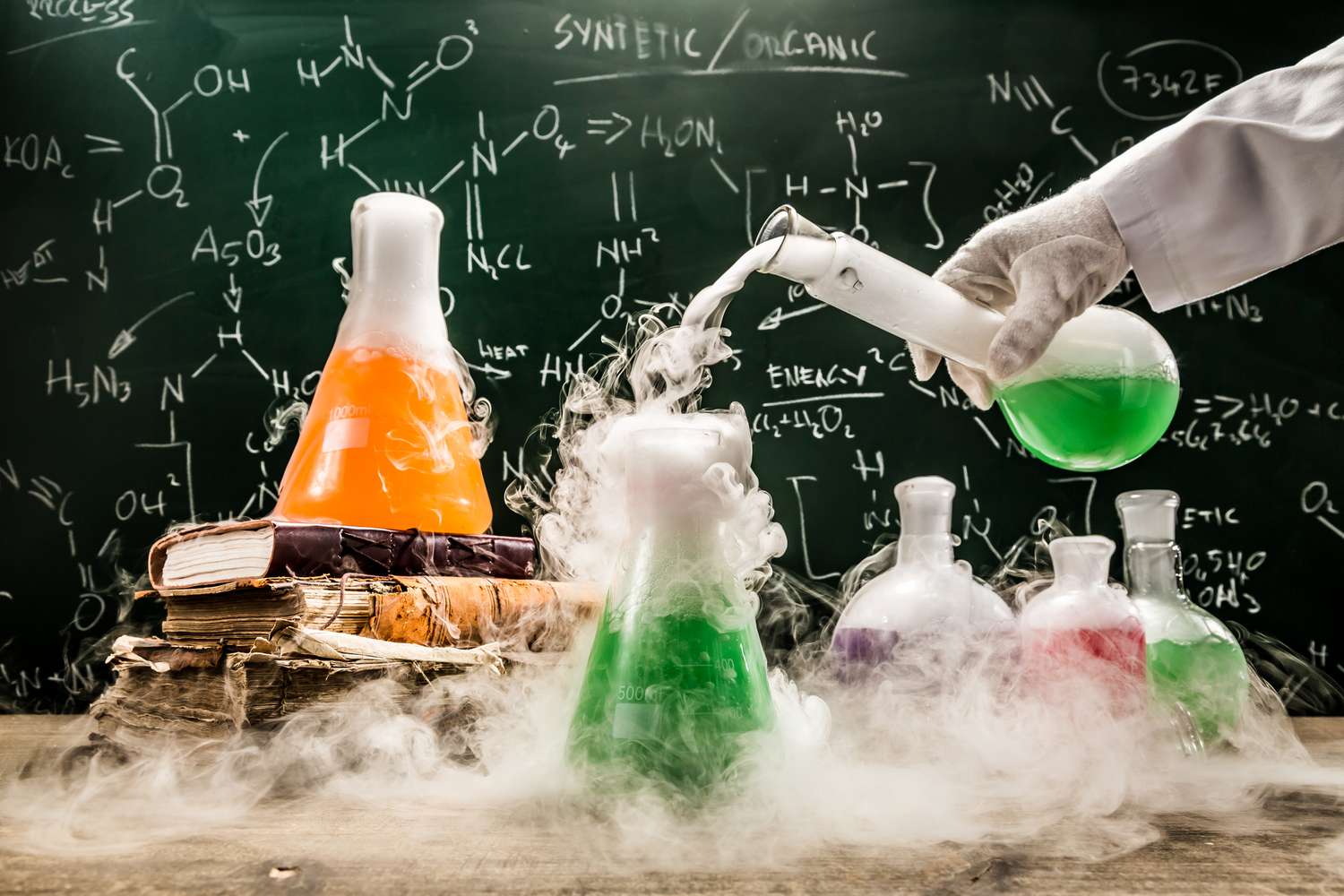Introduction
Chemistry plays a fundamental role in medicine, influencing everything from drug discovery to disease diagnosis. The advancements in medical chemistry have revolutionized healthcare, allowing for the development of life-saving drugs that combat infections, chronic illnesses, and genetic disorders. From the early discovery of aspirin to cutting-edge biopharmaceuticals, chemistry remains at the core of medical progress. This article explores the significant contributions of chemistry to medicine and how it continues to shape modern healthcare.
The Foundation of Medicinal Chemistry
Medicinal chemistry involves designing, synthesizing, and analyzing compounds that have therapeutic effects on the human body. It combines principles from organic chemistry, pharmacology, and molecular biology to develop drugs that target specific diseases. The process begins with identifying bioactive compounds, followed by structural modifications to enhance their efficacy and safety.
The Discovery of Aspirin: A Breakthrough in Medicine
One of the earliest examples of chemistry’s impact on medicine is aspirin (acetylsalicylic acid). Aspirin, derived from the bark of the willow tree, was first synthesized in a laboratory in 1897 by Felix Hoffmann, a chemist working for Bayer. This discovery revolutionized pain management and inflammation treatment. Aspirin works by inhibiting enzymes called cyclooxygenases (COX-1 and COX-2), which are responsible for producing prostaglandins that cause pain and swelling. Today, aspirin is widely used to reduce fever, relieve pain, and prevent heart attacks and strokes due to its blood-thinning properties.
The Evolution of Drug Development
The development of modern drugs follows a rigorous process that involves several stages:
-
Drug Discovery – Scientists identify potential compounds through chemical synthesis, natural sources, or computational modeling.
-
Preclinical Testing – These compounds undergo laboratory and animal testing to evaluate safety and effectiveness.
-
Clinical Trials – Human trials are conducted in multiple phases to ensure the drug’s efficacy and safety.
-
Regulatory Approval – Health authorities, such as the FDA or EMA, review data before approving drugs for public use.
-
Post-Market Surveillance – Continuous monitoring ensures long-term safety and effectiveness.
Chemistry in Antibiotic Development
The discovery of antibiotics is another milestone in medicinal chemistry. Alexander Fleming’s accidental discovery of penicillin in 1928 led to the development of antibiotics that transformed medicine by treating bacterial infections. Today, various classes of antibiotics, such as beta-lactams, macrolides, and fluoroquinolones, are chemically engineered to combat resistant bacterial strains.
The Chemistry Behind Advanced Drugs
Modern medicine heavily relies on chemistry to create advanced pharmaceuticals for various diseases. Some notable examples include:
1. Anticancer Drugs
Chemotherapy drugs, such as cisplatin and doxorubicin, are chemically designed to target rapidly dividing cancer cells. Targeted therapies, like monoclonal antibodies and kinase inhibitors, have been developed using advanced chemistry techniques to minimize side effects while effectively treating cancer.
2. Biologics and Biotechnology-Based Drugs
Biopharmaceuticals, such as insulin for diabetes and monoclonal antibodies for autoimmune diseases, are produced using recombinant DNA technology. Chemistry plays a crucial role in designing and modifying these molecules to improve their stability and bioavailability.
3. Antiviral Medications
The development of antiviral drugs, such as those for HIV (e.g., AZT) and COVID-19 (e.g., remdesivir), relies on medicinal chemistry to disrupt viral replication processes. Researchers design small molecules that interfere with viral enzymes, preventing the virus from multiplying.
4. Neurotransmitter Modulators
Drugs like antidepressants (SSRIs) and antipsychotics work by modifying chemical signaling in the brain. Understanding the chemistry of neurotransmitters, such as serotonin and dopamine, has led to effective treatments for mental health disorders.
Role of Chemistry in Drug Formulation and Delivery
Apart from drug discovery, chemistry also plays a vital role in formulating and delivering drugs efficiently. Factors such as solubility, stability, and controlled release are considered to optimize drug efficacy. Some advanced drug delivery systems include:
-
Liposomes and Nanoparticles – Encapsulating drugs in nanosized carriers improves bioavailability and targeted delivery.
-
Polymeric Drug Delivery Systems – Using biodegradable polymers helps in controlled and sustained drug release.
-
Smart Drug Delivery – pH-sensitive and temperature-sensitive drug carriers enable precise drug activation in specific conditions.
Chemistry Assignment Help for Students
Understanding the role of chemistry in medicine can be challenging for students due to the complexity of chemical reactions and pharmaceutical formulations. Many students seek Chemistry Assignment Help to grasp difficult concepts such as drug interactions, pharmacokinetics, and drug synthesis. Academic assistance provides students with expert guidance on writing research papers, solving complex equations, and understanding real-world applications of medicinal chemistry.
Science Assignment Help for Medical Chemistry Topics
For students struggling with interdisciplinary topics involving chemistry and biology, Science Assignment Help services are available to bridge knowledge gaps. Topics like enzyme kinetics, drug metabolism, and spectroscopy techniques are essential for medical chemistry studies. Professional tutors and online resources can help students excel in their academic pursuits by providing step-by-step explanations and detailed study materials.
Conclusion
Chemistry is the backbone of modern medicine, contributing to the discovery, development, and delivery of life-saving drugs. From ancient herbal remedies to advanced biopharmaceuticals, chemistry continues to push the boundaries of medical science. As research progresses, the integration of chemistry with biotechnology and nanotechnology will lead to more effective and personalized treatments. For students aspiring to excel in this field, seeking Chemistry Assignment Help and Science Assignment Help can provide essential academic support in mastering complex medicinal chemistry concepts.
